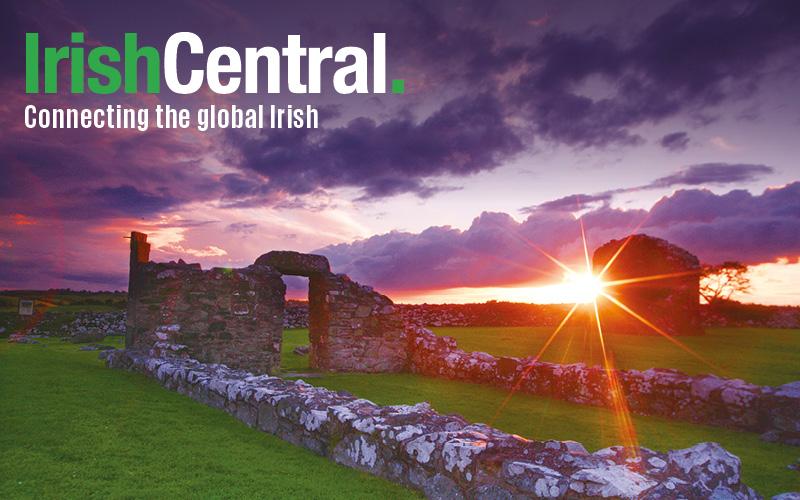Coffee giant Starbucks has failed to attract business in Ireland and has been forced to close five of its stores across the country.
Starbucks arrived on Irish soil in 2005 at the height on the Celtic Tiger boom when people were becoming more cosmopolitan.
Even the small towns across Ireland took to serious coffee-drinking.
Although Ireland is mainly a tea-consuming country, the Seattle-based company thought it would fit right in, even with it's over the top prices. It was wrong.
"Prior to their arrival people were already quite sophisticated," says Harry O'Kelly, the chief financial officer of Insomnia, the country's largest chain of coffee shops, told the Irish Independent.
"I'm not sure they filled a need." The first coffee shop opened in Dublin's Dundrum town center. At the time it was welcomed with open arms, but the chain never saw the expansion of its sister stores in the UK.
Across the waters in England the coffee chain was booming. Every 100 meters in London housed a Starbucks.
Today, Ireland is blossoming with similar cafes - O'Briens, Cafe Sol, Insomnia - and they seem to dominate the market over Starbucks.
It could be due to the fact that these chains are more synonymous with food and beverages than just coffee.
Starbucks' main holding company made a loss of €5.46m on sales of €17.3m in 2008, the most recent year for which figures are available.
A few months ago, the company announced it was closing its doors on the following stores in Dublin: Ranelagh, Dalkey, Tallaght, Dundrum and Swords.
A statement at the time of the closures said they were "an effort to prepare for the future and to ensure we have a strong foundation to support our long-term goals.
" The statement added that the chain remained "committed to the Irish market and will emerge from the review that we have undertaken with a stronger store portfolio focused on providing the best possible service and value to our customers."
O'Kelly said he feels the reasons for Starbucks failure in Ireland is because the company is unable to respond to local conditions.
"Iced drinks make up 20 percent of the market over there (US)," O'Kelly said.
"It's nothing like that here. You know our summers."
O'Kelly also feels Starbucks is now pricing itself out of the pocket of the consumer. He said "nothing is on deal and it's really, really expensive."




Comments